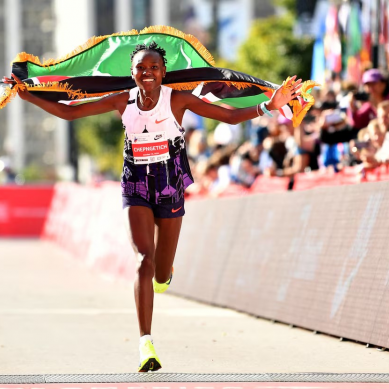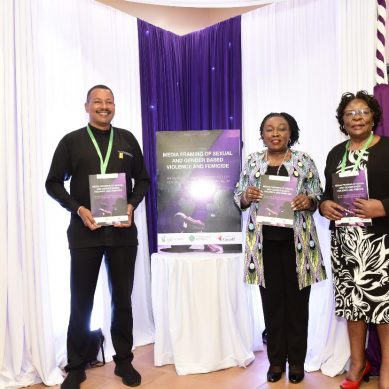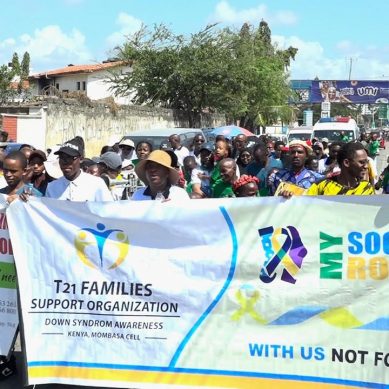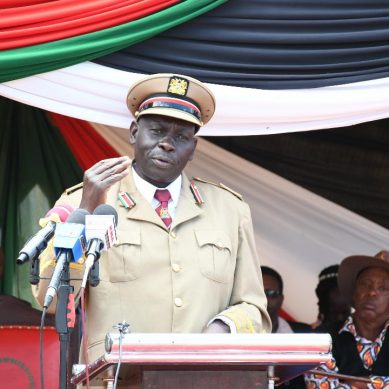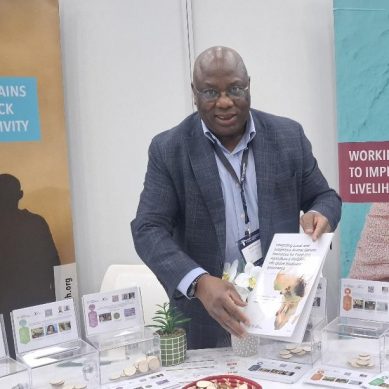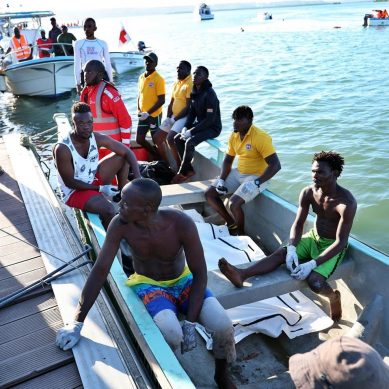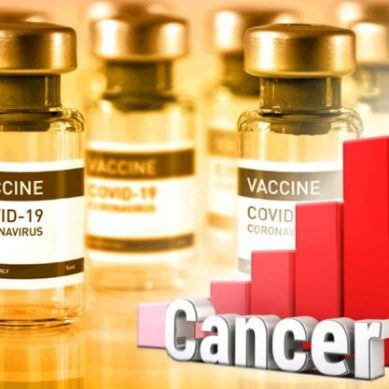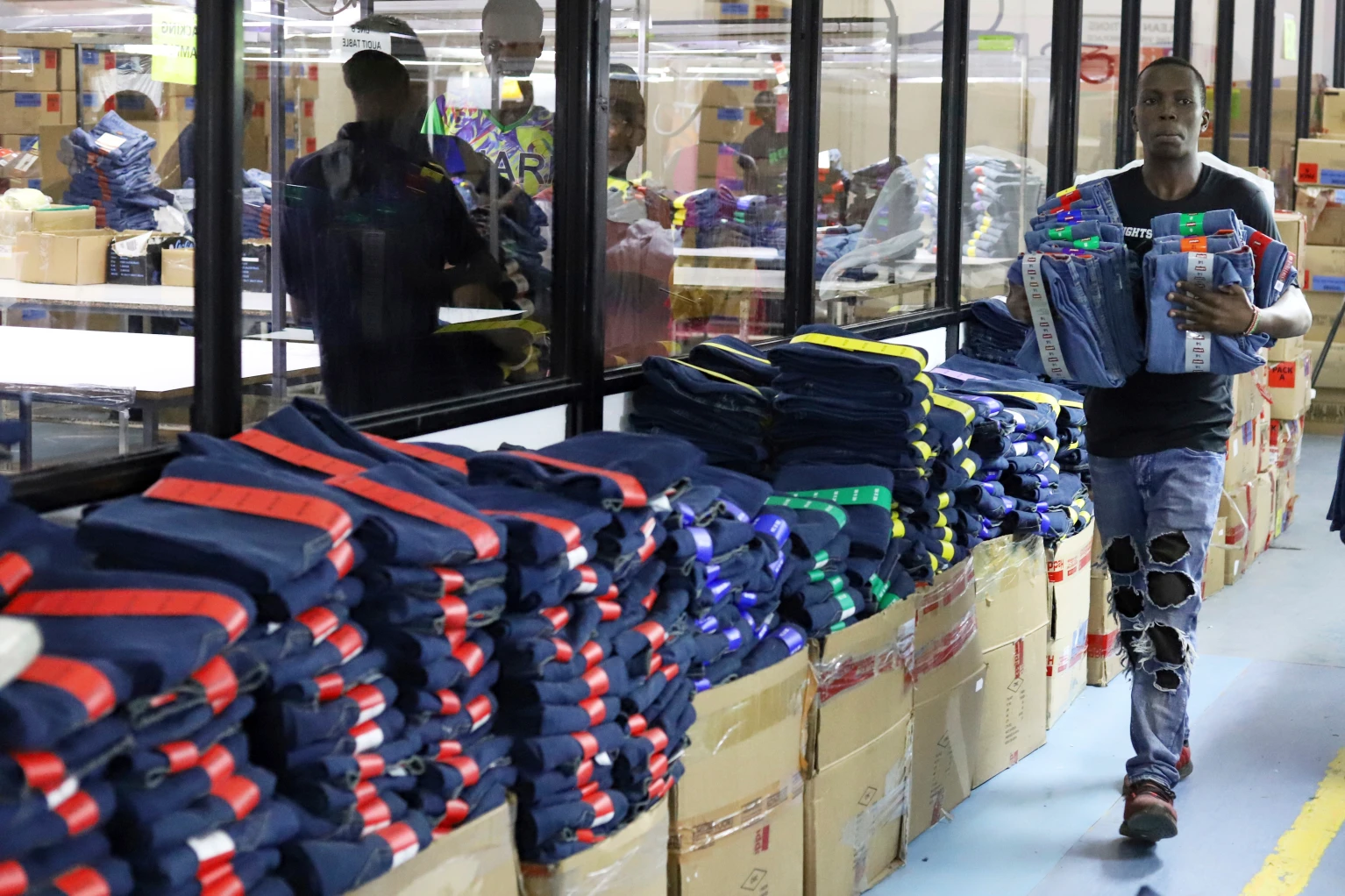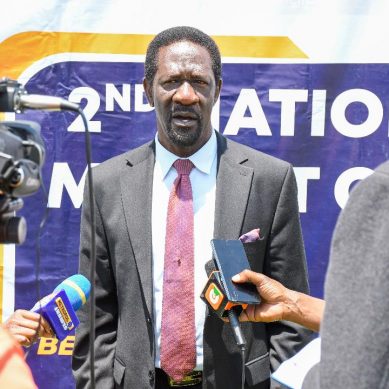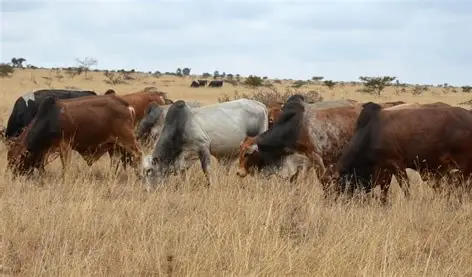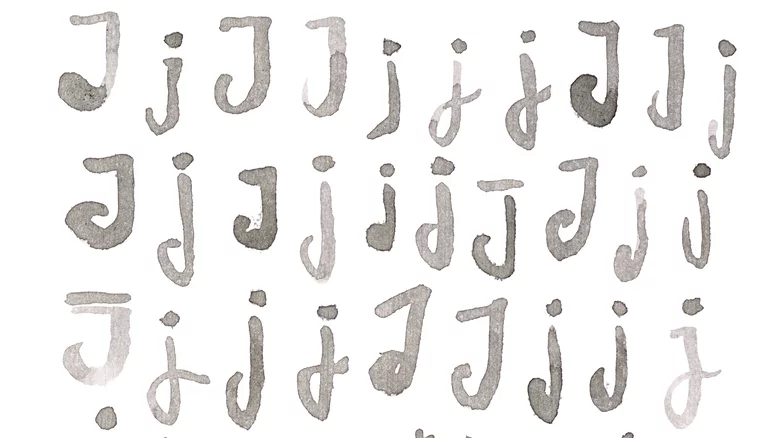Kenyan parents appeal for more specialised schools to cater for rising incidence of Down syndrome
Parents of children living with Down syndrome braved the scorching sun during an awareness campaign that began with a procession at the Kengeleni in Nyali Sub-County and culminated in a colourful event at the Kongowea Dispensary.
‘Prolife’ champions launch ‘freedom from suicide’ and mental health campaign as Nyeri in central Kenya records 100 cases in ten months
Ochako also raised alarm over an increase in stock theft in the county, which he blamed on laxity in community policing. He said there was a need for partnership between security agents and members of the public in addressing security concerns and directed local administrators to enhance grassroots mobilisation in order to identify suspected criminal elements.
Scientists: African livestock sector breeding programmes designed to lower methane emissions in fight against climate change
Prof Chagunda acknowledged that Africa has not really been benefiting from the production systems compared to other European farmers and gave an example of how despite the same science, biology and animals being used, production of milk for the same breed of cattle would produce much less in Africa compared to Europe.
Bodies of competitors who drowned when their boat capsized during East Africa Ocean Festival in Mombasa retrieved
Mombasa Governor Abdulswamad Nassir called for calm and compassion, calling on the public to allow families space to grieve.
WHO director: Bill Gates has bragged about making $550m from vaccines for Covid-19, which he ‘and others now admit was not a dangerous virus’
Dore pointed out that a previous WHO director, Margaret Chan, admitted to begging donors for money, which she said was spent on projects highly linked to their preferences. “Bill Gates basically is the biggest funder to the WHO and he basically dictates what they do, and it basically comes down to what’s going to pad his bottom-line,” Dore said.
Covid vaccines cause cancer: Study finds sobering reality that nearly 70 per cent of world population was injected with carcinogenic drugs
The study’s authors did not elaborate on possible mechanisms contained within the Covid-19 vaccines that might result in a higher cancer risk. Baker said the “significantly increased hazard ratios for six different cancer types suggests to me a possible immune system impairment contributing to the increased risk. It’s frightening, because the risk is not limited to any one type of cancer that might be screened against.”
Textile exporters to US plan massive job cuts in Kenya and rest of Africa as AGOA runs full course
A key example of the deal’s impact can be found in Kenya, where it has allowed the country’s textile and apparel sector – makers of jeans, for instance – to effectively compete with Asian exporters such as in Bangladesh and Vietnam.
Digital credit lenders in Kenya dish out $10.1 million loans monthly to put banks on back-foot
Fintech Alliance of Kenya Chair Ali Hussein raised concerns regarding the protection of borrowers’ data that has been exploited by unscrupulous players in the sector. Hussein also addressed the importance of promoting borrowers’ financial wellness after reports of high levels of indebtedness caused by access to multiple loan facilities.
Scientists scale up research on indigenous African livestock to improve output, food security and climate resilience
ILRI Director General Appolinaire Djikeng said that the initiative would include measuring methane from 3,000 cows and production traits in five African countries using advanced laser detectors, and mobile apps, linked to existing data on 9,000 cows.
